In the end there can be only one
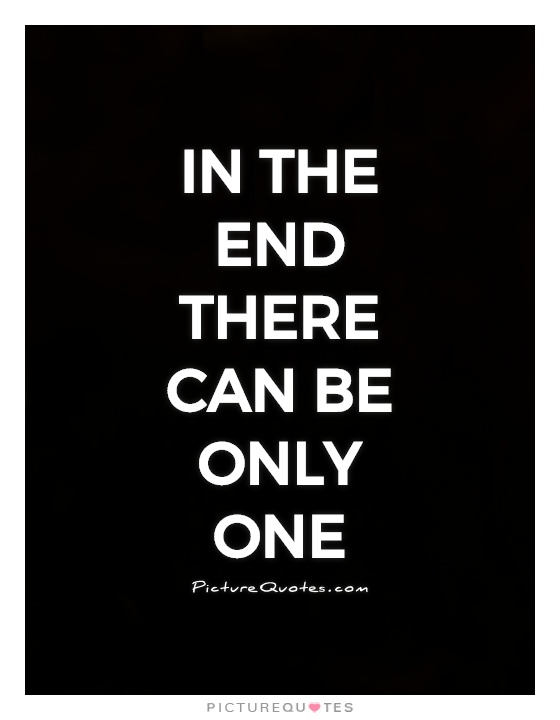
In the end there can be only one
In the context of "the end", the phrase "In the end there can be only one" takes on a profound and existential meaning. It suggests a finality, a culmination of all things where only one entity or individual can emerge victorious or survive. This concept is often associated with competition, conflict, or struggle, where only the strongest, most resilient, or most deserving can prevail.At the end of a journey, a race, a battle, or any other endeavor, there is often a sense of finality and closure. The idea that only one can emerge victorious implies a sense of inevitability and fate. It speaks to the idea that in life, there are winners and losers, success and failure, and that ultimately, only one can come out on top.
This concept can be seen in various aspects of life, from sports competitions to business ventures to personal relationships. In sports, for example, athletes compete against each other with the goal of being the one to win the championship or the gold medal. In business, companies vie for market dominance, with only one emerging as the leader in their industry. In personal relationships, individuals may compete for the love or attention of another, with only one ultimately winning their affections.
The idea of "In the end there can be only one" can also be applied to larger societal or global issues. In conflicts between nations or ideologies, there is often a winner and a loser, with one side emerging victorious while the other is defeated. In the natural world, survival of the fittest dictates that only the strongest and most adaptable species will survive and thrive.
Ultimately, the phrase "In the end there can be only one" speaks to the harsh realities of life and the inevitability of competition and struggle. It reminds us that in the end, only the strongest, most determined, or most deserving will emerge victorious.

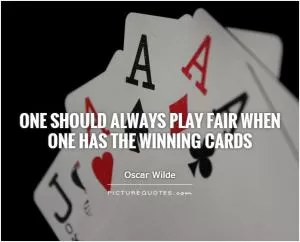
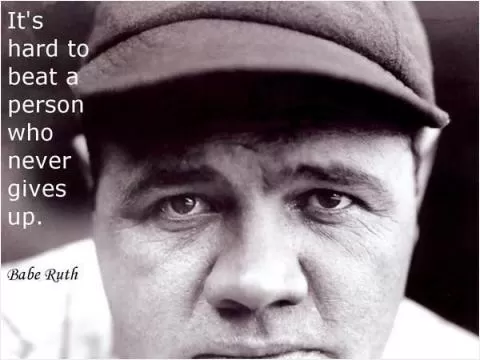




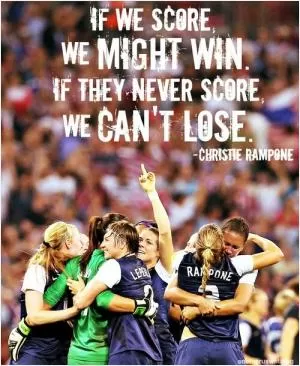
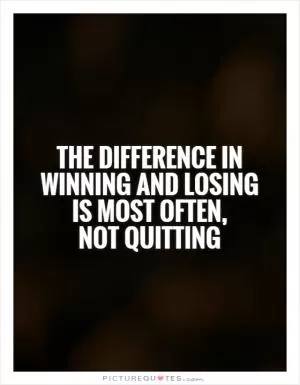

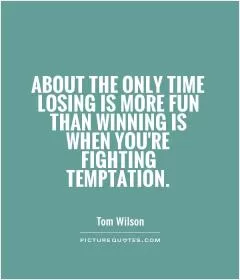
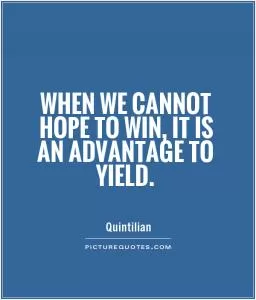
 Friendship Quotes
Friendship Quotes Love Quotes
Love Quotes Life Quotes
Life Quotes Funny Quotes
Funny Quotes Motivational Quotes
Motivational Quotes Inspirational Quotes
Inspirational Quotes